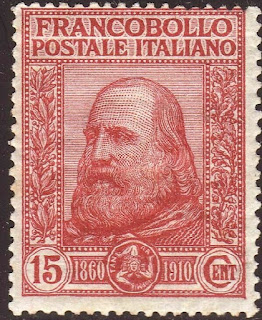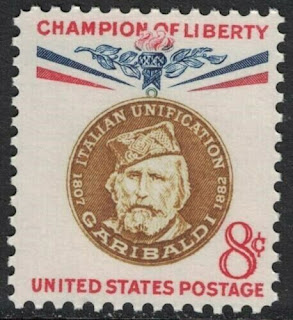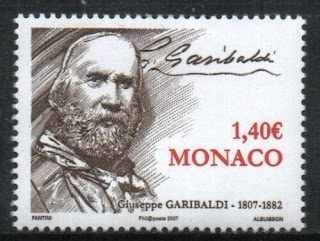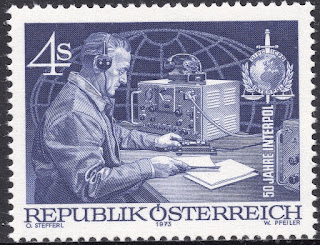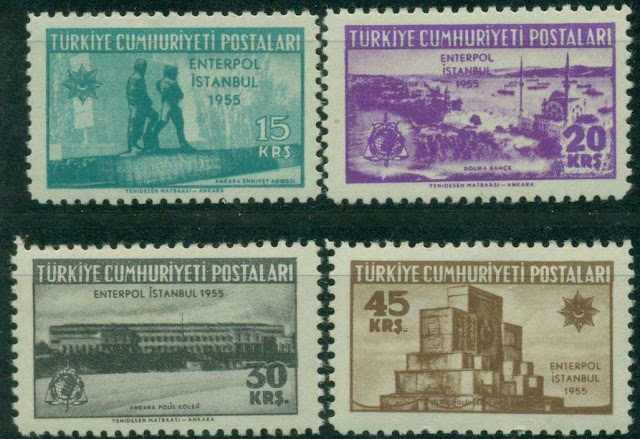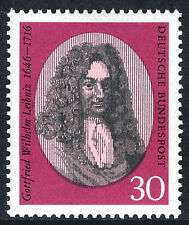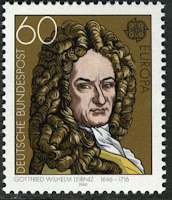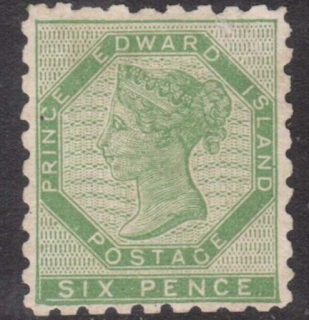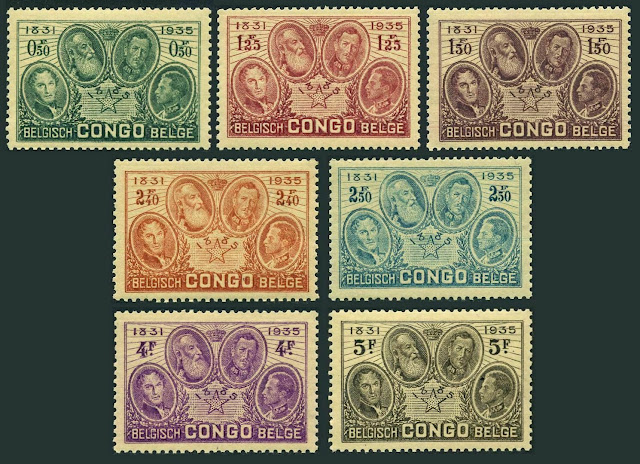1707 Born: Georges-Louis Leclerc, Comte de Buffon, French mathematician, cosmologist, and author (d. 1788)
Georges-Louis Leclerc, Comte de Buffon (7 September 1707 – 16 April 1788) was a French naturalist, mathematician, cosmologist, and encyclopédiste.
His works influenced the next two generations of naturalists, including Jean-Baptiste Lamarck and Georges Cuvier. Buffon published thirty-six quarto volumes of his Histoire Naturelle during his lifetime; with additional volumes based on his notes and further research being published in the two decades following his death.
Buffon held the position of intendant (director) at the Jardin du Roi, now called the Jardin des Plantes.
Charles Darwin wrote in his preliminary historical sketch added to the third edition of On the Origin of Species: "Passing over ... Buffon, with whose writings I am not familiar". Then, from the fourth edition onwards, he amended this to say that "the first author who in modern times has treated it [evolution] in a scientific spirit was Buffon. But as his opinions fluctuated greatly at different periods, and as he does not enter on the causes or means of the transformation of species, I need not here enter on details". Buffon's work on degeneration, however, was immensely influential on later scholars but was overshadowed by strong moral overtones.
Some stamps from Ukraine and France depicting Buffon
1860 – Italian unification: Giuseppe Garibaldi enters Naples.
Giuseppe Maria Garibaldi (4 July 1807 – 2 June 1882) was an Italian general and nationalist. A republican, he contributed to the Italian unification and the creation of the Kingdom of Italy. He is considered one of the greatest generals of modern times and one of Italy's "fathers of the fatherland" along with Camillo Benso, Count of Cavour, Victor Emmanuel II of Italy and Giuseppe Mazzini.
Garibaldi is also known as the "Hero of the Two Worlds" because of his military enterprises in Brazil, Uruguay, and Europe.He commanded and fought in many military campaigns that eventually led to the Italian unification. In 1848, the provisional government of Milan made Garibaldi a general, and in 1849, the Minister of War promoted him to General of the Roman Republic to lead the Expedition of the Thousand on behalf and with the consent of Victor Emmanuel II. His last military campaign took place during the Franco-Prussian War, as commander of the Army of the Vosges.
Having conquered Sicily, he crossed the Strait of Messina and marched north. Garibaldi's progress was met with more celebration than resistance, and on 7 September he entered the capital city of Naples, by train. Despite taking Naples, however, he had not to this point defeated the Neapolitan army. Garibaldi's volunteer army of 24,000 was not able to defeat conclusively the reorganized Neapolitan army—about 25,000 men—on 30 September at the battle of Volturno. This was the largest battle he ever fought, but its outcome was effectively decided by the arrival of the Piedmontese Army.
Some stamps from Italy, Monaco and the United States depicting Garibaldi
1923 – The International Criminal Police Organization (INTERPOL) is formed.
The International Criminal Police Organization (ICPO-INTERPOL; French: Organisation internationale de police criminelle), more commonly known as INTERPOL is an international organization that facilitates worldwide police cooperation and crime control. Headquartered in Lyon, France, it was founded in 1923 as the International Criminal Police Commission (ICPC); the name INTERPOL served as the agency's telegraphic address in 1946, and was chosen as its common name in 1956
INTERPOL provides investigative support, expertise, and training to law enforcement worldwide in battling three major areas of transnational crime: terrorism, cybercrime, and organized crime. Its broad mandate covers virtually every kind of crime, including crimes against humanity, child pornography, drug trafficking and production, political corruption, copyright infringement, and white-collar crime. The agency also helps coordinate cooperation among the world's law enforcement institutions through criminal databases and communications networks.
Some stamps from Austria, Monaco, Croatia, Germany, Yugoslavia, Turkey ans Switzerland commemorating Interpol


